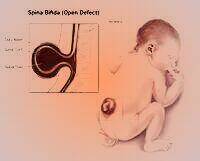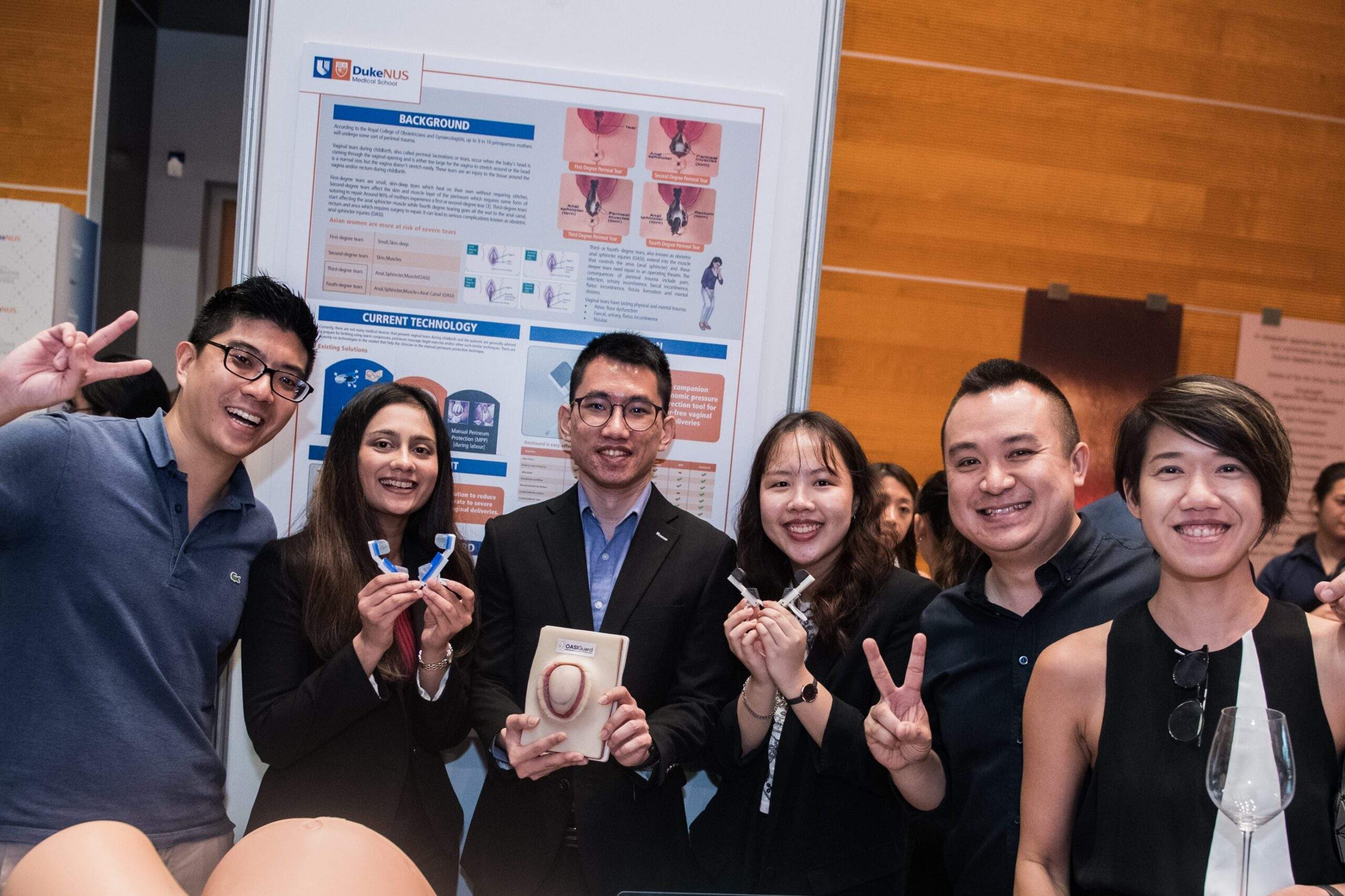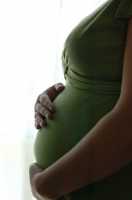Author Interviews, Breast Cancer, JAMA, OBGYNE, Surgical Research / 04.10.2023
Outcomes of Prophylactic Salpingo-Oophorectomy After BRCA1/2 Breast Cancer Resection
MedicalResearch.com Interview with:
Gabriele Martelli, MD
Breast Unit, Surgery
Fondazione IRCCS Istituto Nazionale dei Tumori
Milan, Italy
MedicalResearch.com: What is the background for this study?
Response: Approximately 8% of breast cancer cases are associated with pathogenic germline variants of the BRCA1 or BRCA2 genes. Women with a pathogenic BRCA1 variant have lifetime risks of breast or ovarian cancer of 45% to 80% and 30% to 60%, respectively. Women with a pathogenic BRCA2 variant have lifetime risks of breast or ovarian cancer of 35% to 60% and 10% to 25%, respectively.
BRCA1 breast cancer is often more aggressive than sporadic disease, while BRCA2 breast cancer is often of similar aggressivity to sporadic disease. However, few studies have investigated outcomes of breast-conserving surgery, prophylactic mastectomy, or prophylactic salpingo-oophorectomy in patients with BRCA1/2 breast cancer. We conducted a cohort study to assess outcomes of breast-conserving surgery vs mastectomy, prophylactic mastectomy vs no prophylactic mastectomy, and prophylactic salpingo-oophorectomy vs no prophylactic salpingo-oophorectomy in patients with BRCA1/2 breast cancer.
(more…)



 Esa M. Davis, M.D., M.P.H , F.A.A.F.P
Professor of Medicine and Family and Community Medicine
Associate Vice President of Community Health and
Senior Associate Dean of pPopulation Health and Community Medicine
University of Maryland School of Medicine
Dr. Davis joined the U.S. Preventive Services Task Force in January 2021
MedicalResearch.com: What is the background for this study?
Response: Hypertensive disorders of pregnancy, including gestational hypertension, preeclampsia, and eclampsia, are among the leading causes of serious complications and death for pregnant people in the United States.
Pregnant women and pregnant people of all genders should have their blood pressure measured at each prenatal visit to help find and prevent serious health issues related to hypertensive disorders of pregnancy.
Esa M. Davis, M.D., M.P.H , F.A.A.F.P
Professor of Medicine and Family and Community Medicine
Associate Vice President of Community Health and
Senior Associate Dean of pPopulation Health and Community Medicine
University of Maryland School of Medicine
Dr. Davis joined the U.S. Preventive Services Task Force in January 2021
MedicalResearch.com: What is the background for this study?
Response: Hypertensive disorders of pregnancy, including gestational hypertension, preeclampsia, and eclampsia, are among the leading causes of serious complications and death for pregnant people in the United States.
Pregnant women and pregnant people of all genders should have their blood pressure measured at each prenatal visit to help find and prevent serious health issues related to hypertensive disorders of pregnancy. 











 Sean M Hughes MA
Department of Obstetrics and Gynecology
University of Washington
Seattle, WA
MedicalResearch.com: What is the background for this study?
Response: Young women are at elevated risk of getting sexually transmitted infections at the age when they typically start to have sexual intercourse. It’s not known whether this elevated risk is a consequence of behavioral factors (such as choices around use of barrier protection), physiological factors (such as a difference in the immune system) or a combination of both. In this study, we investigated a physiological factor: the immune system in the vagina.
Sean M Hughes MA
Department of Obstetrics and Gynecology
University of Washington
Seattle, WA
MedicalResearch.com: What is the background for this study?
Response: Young women are at elevated risk of getting sexually transmitted infections at the age when they typically start to have sexual intercourse. It’s not known whether this elevated risk is a consequence of behavioral factors (such as choices around use of barrier protection), physiological factors (such as a difference in the immune system) or a combination of both. In this study, we investigated a physiological factor: the immune system in the vagina.












 Helen Trottier Ph.D
Assistant Professor, Department of Social and Preventive Medicine,
Researcher, CHU Sainte-Justine Research Center
Université de Montréal
Montréal, Québec, Canada
MedicalResearch.com: What is the background for this study?
Response: We know that HPV infection can have serious consequences such as the development of cancerous lesions in the cervix. HPV infection is also very prevalent in young women of childbearing age but the possible consequences of HPV in pregnancy have been poorly studied. Some population registers around the world have shown a reduction in the risk of preterm birth with HPV mass vaccination, but we must be careful with this kind of ecological correlation.
We have set up a large cohort study in pregnant women to study the association between HPV in pregnancy and preterm birth by targeting certain HPV genotypes and the duration of the infection.
Helen Trottier Ph.D
Assistant Professor, Department of Social and Preventive Medicine,
Researcher, CHU Sainte-Justine Research Center
Université de Montréal
Montréal, Québec, Canada
MedicalResearch.com: What is the background for this study?
Response: We know that HPV infection can have serious consequences such as the development of cancerous lesions in the cervix. HPV infection is also very prevalent in young women of childbearing age but the possible consequences of HPV in pregnancy have been poorly studied. Some population registers around the world have shown a reduction in the risk of preterm birth with HPV mass vaccination, but we must be careful with this kind of ecological correlation.
We have set up a large cohort study in pregnant women to study the association between HPV in pregnancy and preterm birth by targeting certain HPV genotypes and the duration of the infection.
